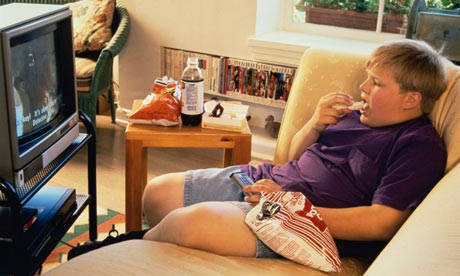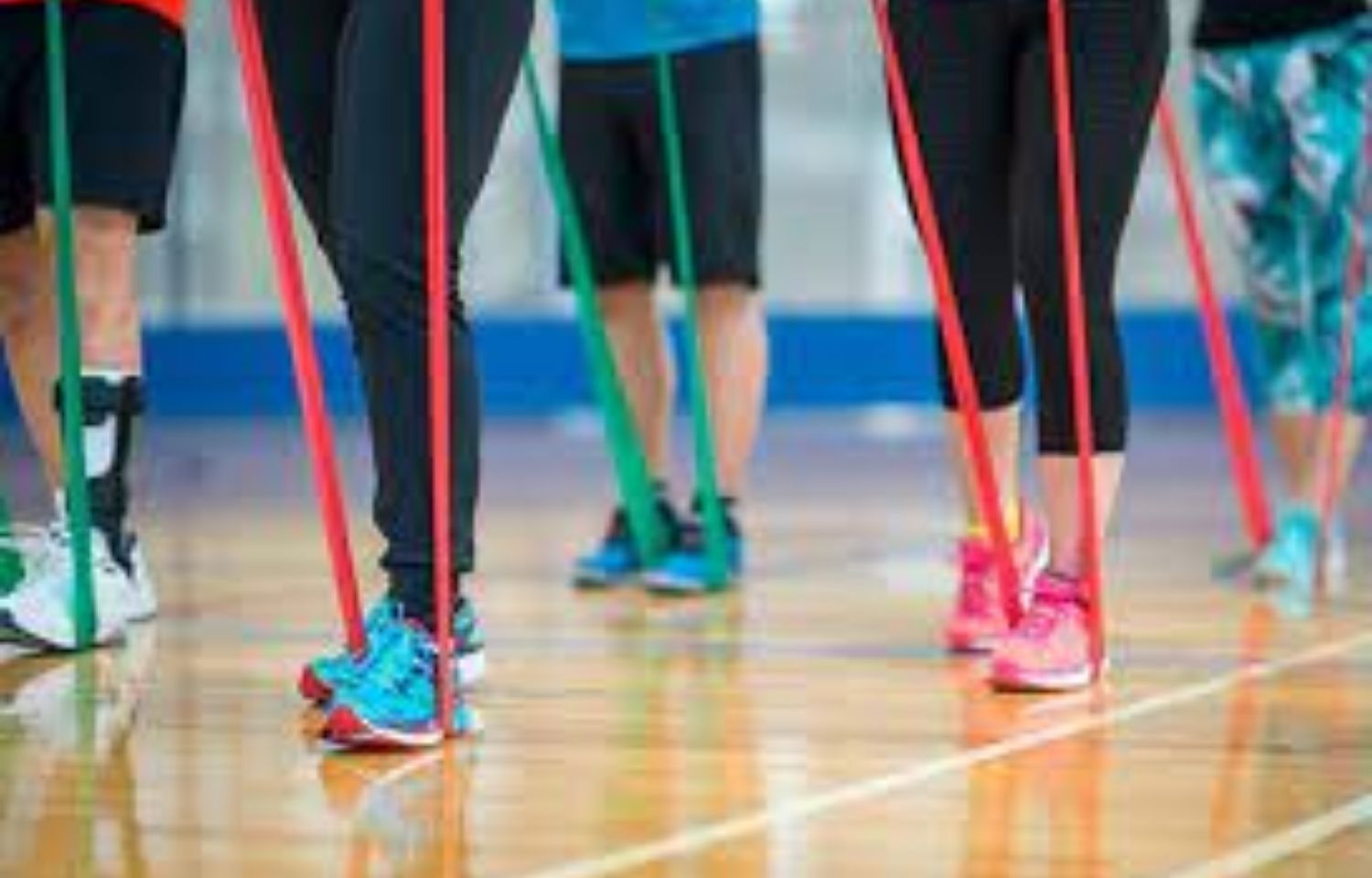Physiotherapy - A boon in overcoming childhood obesity
- 10 October 2015 - 02:55 PM
- Comment(s)

Obesity is putting people at a higher risk of a variety of health conditions such as heart disease, stroke, reduced mobility, depression and a wide range of bone problems.
However, when a child becomes obese, the long-term prognosis can be much more bleak. Not only are they exposed to the health risks longer than someone who becomes obese in adulthood, but they are likely to be a bigger burden on healthcare resources.
A new report has highlighted the importance of physiotherapists in these situations, and their ability to encourage a child to become healthier.
The latest Public Health England report has shown that exercise can improve a child's confidence and academic ability, as well as their physical health.
The research, which focused on the effects of physical activity on children aged five to 11 years old, brings together a number of studies including ones from the World Health Organization (WHO), the Department of Health and a variety of academic journals.
Chartered Society of Physiotherapy (CSP) professional adviser Stuart Palma said the document is a one-stop shop of evidence about the benefits of exercise in young people, adding that it should be of real interest to the paediatric physiotherapy community.
It looks at the link between exercise and physical and mental wellbeing, including cardio-respiratory fitness, muscle strength and self-esteem, using emerging evidence on the association between exercise, cognitive flexibility and academic performance.
Although initial findings are encouraging, the researchers conclude that currently there is insufficient evidence to determine that physical activity definitely has an impact on memory.
The report was issued alongside a new drive - run by the Department of Health's public health campaign Change4Life - to encourage five to 11-year-olds to be more active in England.
According to Public Health England, there are still worrying gaps in the levels of physical activity children, with nearly 80 per cent of boys and 84 per cent of girls in the target age group failing to meet current recommendations.
However, physiotherapists are ideally placed to be able to encourage children to get more active, and design fun ways for them to increase their fitness. Being placed in the community, these professionals can engage with young people of all ages and even go into schools to educate a number of children at once.
In the digital age, it can be more difficult than ever for parents to get their children to put away their smartphone or tablet and go outside. However, physiotherapists have the expertise to be able to find ways to increase a child's physical activity without it feeling like a chore.
With personally tailored programmes, physios can help ensure that each individual child has the motivation, encouragement and support to make sure they don't have the long-term health consequences that are associated with obesity.




Leave Comments